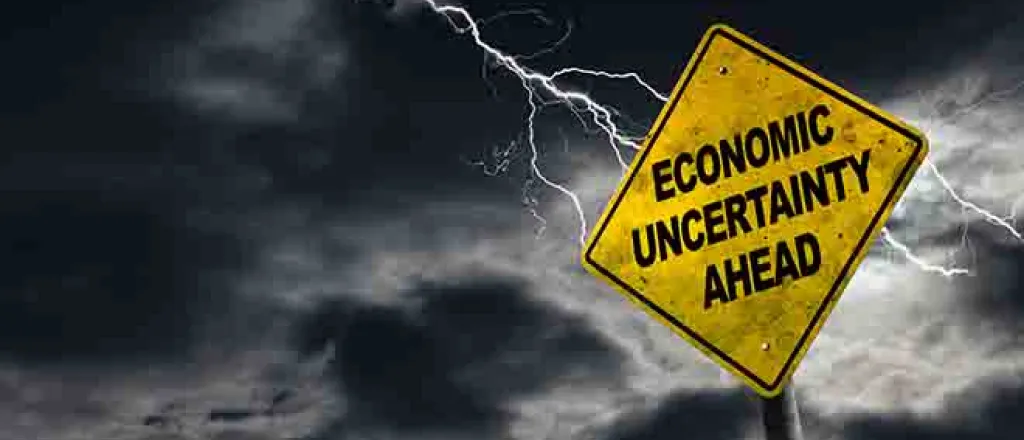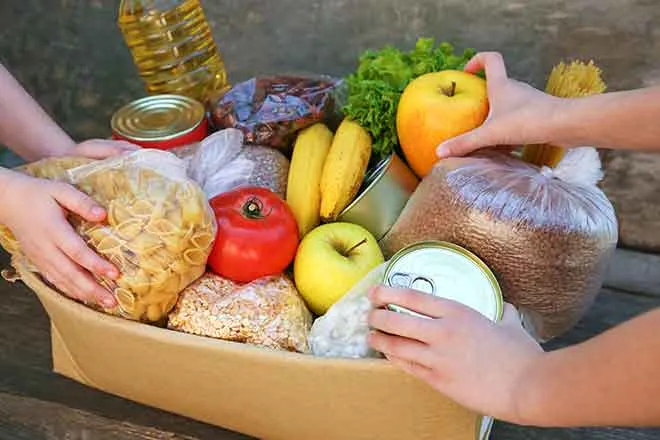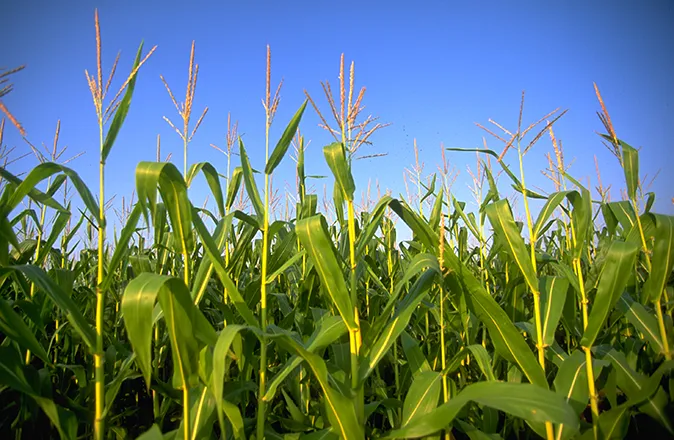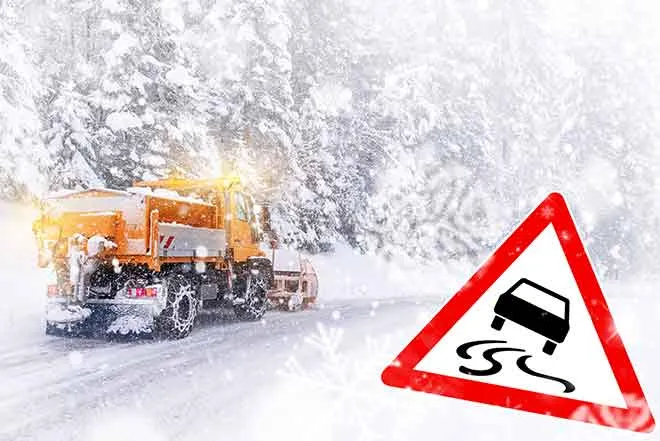
Rural America poll: inflation issue dominates midterms
(Nevada News Service) With two weeks to go before the midterm elections, rural voters are worried about the present, pessimistic about the future, and prepared to vote the way they have in the past, according to the Daily Yonder Rural Poll.
The poll, commissioned by the Daily Yonder's publishing organization, the Center for Rural Strategies, found that rural voters in battleground states hold very dim views about the economy.
- Three quarters (73 percent) think the U.S. economy is not working for them.
- Half (51 percent) said they don't expect their finances to improve in the next year.
- Three quarters (77 percent) said they think things will be worse, not better, for the next generation of Americans.
Poll director Celinda Lake of Lake Research Partners said rural voters are even more concerned about the economy than the rest of the nation, which is also focusing on economic issues in the midterm election.
"I was stunned by these numbers [about the economy]," she said. "They are really different than what we've seen in the past, and really different from what we're seeing in the rest of the country, as pessimistic as the rest of the country is."
Fifty-nine percent of respondents said they intend to vote for Republicans in congressional races. About a third (32 percent) said they intend to vote for Democratic candidates. That's roughly the margin by which Donald Trump won the rural battleground in 2020.
People who strongly preferred Republicans outnumbered people who strongly preferred Democratic candidates by more than 2 to 1 (51 percent to 23 percent).
"Rural America's in a pretty Republican mood," Lake said. "There's no doubt about it."
Rural voters represent roughly 15-30 percent of the electorate, depending on which definition of rural is used.
Nearly half (45 percent) of rural voters selected the rising cost of living as one of their top concerns from a list of 12 issues. The second-most frequently selected issue was dysfunction in government (28 percent). Other issues in the top five were Social Security (19 percent), abortion and women's rights (17 percent), and jobs and the economy (15 percent). Crime and health care tied for fifth at 13 percent.
Republicans and Democrats differed sharply in their two most important issues. Republicans chose the cost of living and government dysfunction. Democrats selected abortion and women's rights and climate change.
Inflation-related issues dominated an open-ended question about which concerns rural voters had about the economy in small towns and rural areas. The top answers were rising gas prices (19 percent), higher food costs (14 percent), rising energy costs (13 percent), lack of good-paying jobs (13 percent), rising housing costs (10 percent), and saving enough for retirement (10 percent).
Lake said she thinks rural voters' economic concerns, coupled with dim views of wealthy corporations and corporate CEOs, mean that rural America is ripe for a populist message.
"A solid majority of rural America is populist economically," said Lake, who is a Democrat. "We need to start talking about corporate greed. We need to start talking about how to make this economy work better for working families, including rural working families, and how price gauging is unacceptable."
Other findings in the Daily Yonder Poll included the following:
- Rural voters view Trump more favorably than urban voters, Lake said. Over half of respondents view Trump favorably or somewhat favorably. "They are still more supportive of Trump than a lot of other places," she said.
- Men are more likely to worry about gas prices than women (22 percent versus 17 percent), and women are more likely than men to worry about food costs (19 percent for women versus 8 percent for men).
- Rural voters are far more likely to think local elected officials understand the problems families are facing than either state elected officials or Congress. Nearly half of respondents said local elected officials understand their issues, while only 5 percent said Congress understands their problems.
- Republican rural voters named freedom and faith as their top two values. Democratic rural voters selected equality and kindness/compassion. Republicans and Democrats both selected accountability and family as either their third or fourth most important value.
Methodology
The poll surveyed 400 likely rural voters in 11 battleground states. Battleground states were selected based on the competitiveness of races for U.S. Senate or House or governors' seats. States sampled were Arizona, Florida, Georgia, Michigan, Missouri, New Hampshire, Nevada, North Carolina, Ohio, Pennsylvania, and Wisconsin.
Rural was defined at the census-tract level using a model devised by TargetSmart. That model is based on population density, percent of Census-defined rural residents, and other factors. Under this system, rural voters represent about 30 percent of the nation's electorate. The Daily Yonder's more customary rural definition uses the Office of Management and Budget Metropolitan Statistical Area system, which operates at the county level. Under this system, the rural electorate is roughly 15 percent.
The survey was was conducted by telephone using professional interviewers, as well as text-to-online. Interviews were conducted October 13-17, 2022.
The margin of error is plus or minus 4.9 percentage points, and larger for subgroups of the survey sample.
Tim Marema wrote this article for The Daily Yonder.
















